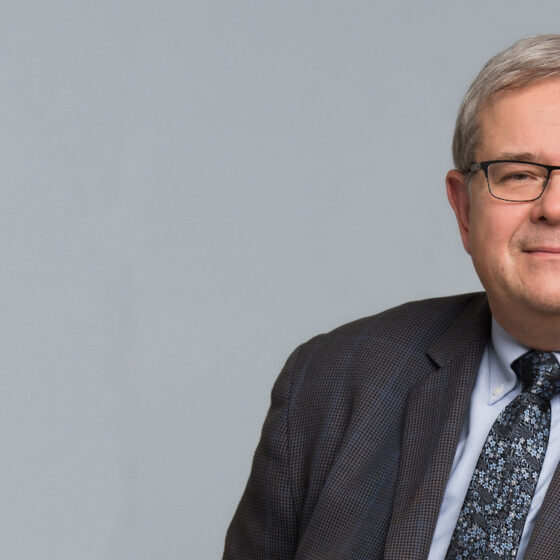Insights,
Insights,
By Dr. Michael Kolodziej
There is an old adage that “absence makes the heart grow fonder.” This holds particularly true for this year’s American Society of Clinical Oncology (ASCO) Annual Meeting, which gets underway today in Chicago. As I mentioned in my last blog post, the anticipation and excitement surrounding this year’s gathering is very high as friends and colleagues look forward to meeting again in person to converse and collaborate on how we can best continue to improve patient care, now and into the future. There is also anticipation building around the release of the latest findings, largely because we won’t see the abstracts until the meeting begins. But one plenary session presentation abstract, which caught my interest, could generate some significant buzz.
There are certainly some very interesting and important topics that will be discussed. Speaking to the conference’s theme of “Advancing Equitable Cancer Care Through Innovation,” there will be a focus on how to increase access to clinical trials for minority populations. Telemedicine and how it was helpful to advancing cancer care will also be discussed. But there is one major presentation focused on a targeting therapy for HER2 breast cancer that could potentially be a game changer.
Today, we treat HER2-positive breast cancer as binary–it’s either positive or negative. And that approach is only partially true because by definition HER2 has just more copies of the HER2 protein gene expressed. And, so what we end up with is a gray area between definitely positive and definitely negative. To date, there really hasn’t been much evidence that treating those patients in that gray zone benefits them. But this presentation is going to approach the subject. And, the prevailing thinking is that since we have better HER2 drugs now than ever before, maybe we are going to find out that these drugs do really work for patients with a diagnosis somewhere in the middle. And, if this holds true, it will no doubt be paradigm shifting.
Another topic that will be the focus of several presentations is around the continued evolution of immuno-oncology (I-O) therapies. There will be a lot of discussion about some of these more sophisticated I-O therapies, moving beyond PD-L1 drugs and checkpoint inhibitors and looking at cellular I-O therapy that is not CAR T-cell therapy. Papers will also be looking at bifunctional antibodies that work via an immunologic mechanism.
While certainly interesting, the findings in these presentations will still be in their nascent stages, and only because there are no related drugs in the pipeline that appear to be approved by the FDA, at least in the short term. However, these therapies have the potential to continue to shift the paradigm toward more sophisticated I-O therapy. And so I think there will be a lot of interest in learning about the next iteration of what’s to come in this regard.
Whatever the findings presented at the conference reveal, an important and recently missing aspect will be back-having an opportunity to engage in constructive, in-person dialogue. This is every bit as important as the abstracts themselves because it puts the research findings in perspective. And a lot of other sessions will have Q&A afterwards that can help direct the thinking about the significance of the research. And, if we can all walk away from the meeting with fresh perspectives and new approaches to how physicians deliver care in their practice, then that will be a win-win for both physicians and patients.
Raise the curtain and let the good times begin, once again.
Mike Kolodziej, MD, FACP is a Sr Advisor at ADVI Health; a leading consulting and advisory firm specializing in strategy, policy, data analytics and value economics specializing in cell and gene therapies, rare and ultra-rare diseases, vaccines, and oncology therapeutics, devices, and diagnostics.


Senior Advisor